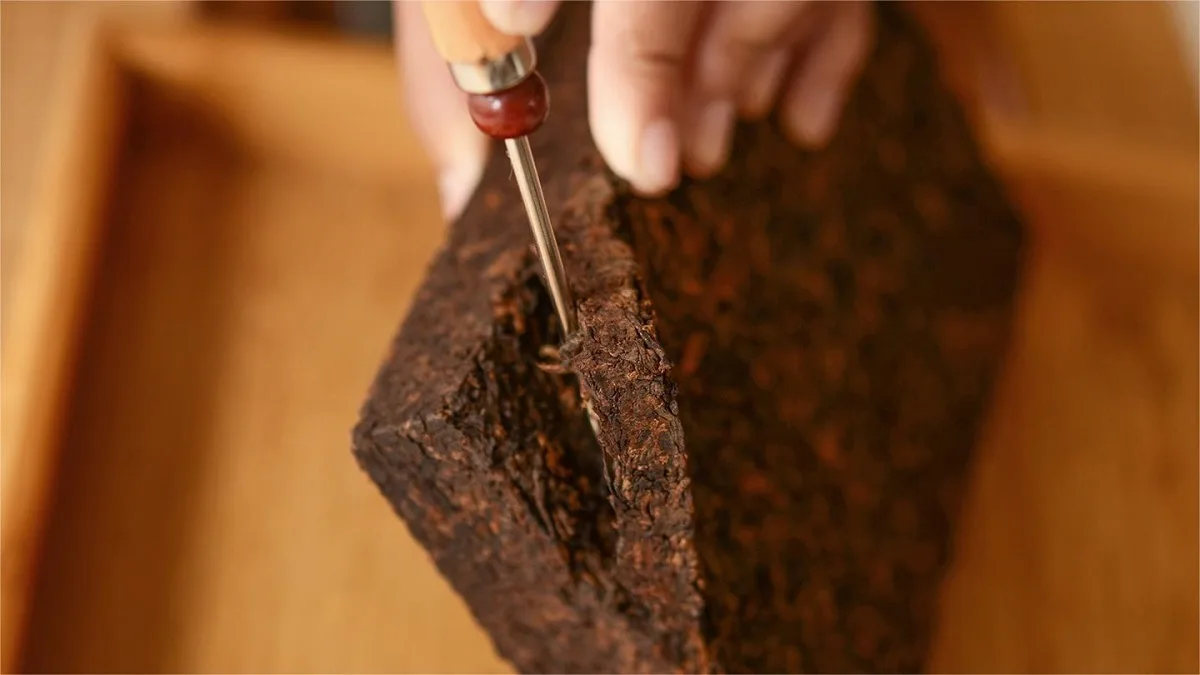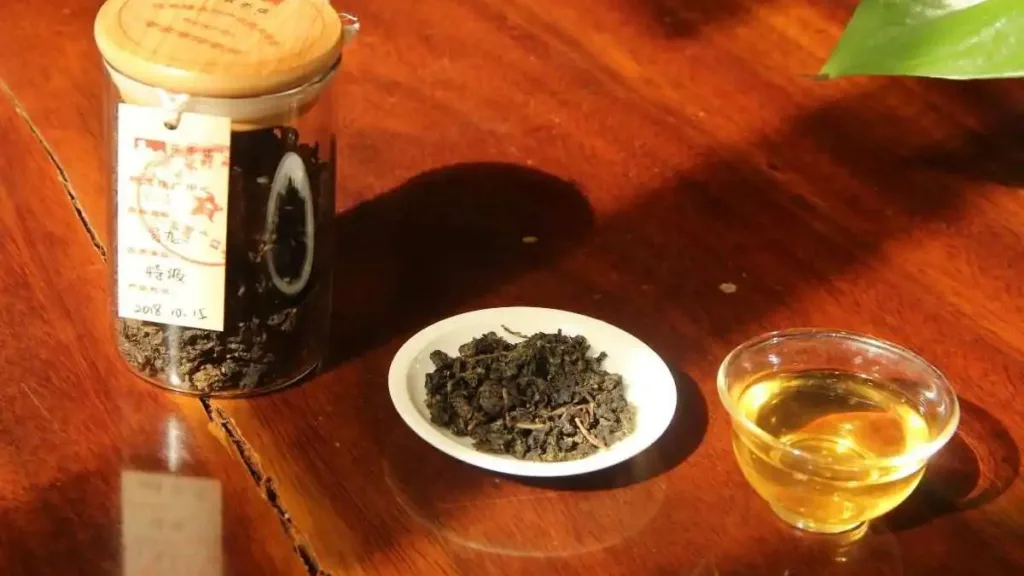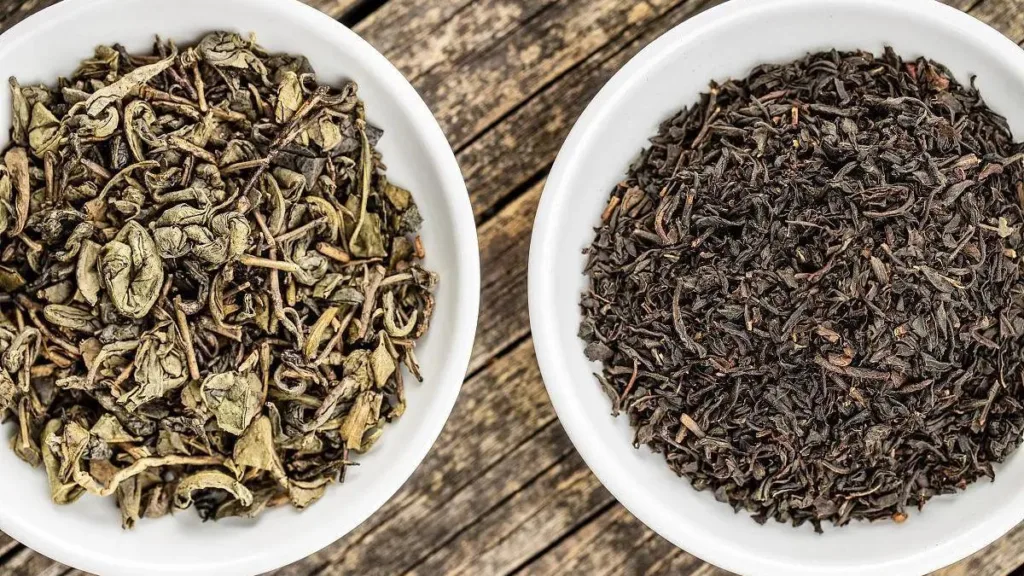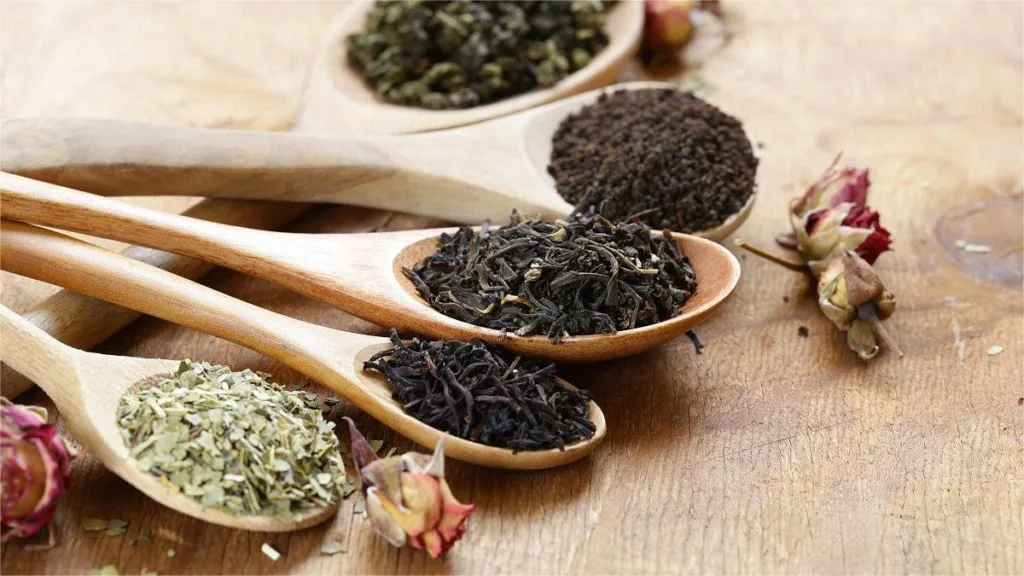Chinese brick tea, known for its tightly compressed form, is a representative type of tea, commonly found as dark tea or Pu-erh tea in the market. Its highly compressed nature makes it dense and solid. So, how do you brew Chinese brick tea?
1. Loosening the Tea: Brick tea, being exceptionally hard, requires a tea knife or needle. Locate a crevice along the side of the brick where you can insert the knife about one-third deep. Gently pry off the tea, then place the dry leaves in a Yixing clay pot to awaken them.
2. Preparing Utensils: While the tea is awakening, prepare your tea utensils. Ideally, use a Yixing clay pot or a porcelain gaiwan. Place the pot in a tea wash and uncover it. Pour boiling water from top to bottom to warm the vessels for about 5 seconds. This step helps cleanse and elevate the internal temperature of the utensils.
3. Rinsing the Tea: After warming the utensils, place the awakened brick tea leaves into the pot, keeping the tea amount around 7-10 grams. The right quantity ensures a balanced brew. Pour in boiling water, stir with a teaspoon for 10 seconds, discard the tea, and repeat this rinsing process.
4. Brewing: With the brick tea now rinsed, its essence is activated. Proceed to brew by pouring freshly boiled water over the tea leaves. Fill the pot, cover it, and let it steep for 10 minutes. Meanwhile, arrange your tasting cups and tea pitcher. Place a strainer over the pitcher. After steeping, pour the tea into the pitcher through the strainer and distribute it into the tasting cups for serving.
Notes: Two crucial points to remember when brewing brick tea: First, be gentle when loosening the tea with the knife, avoiding excessive force that could shatter the entire brick. This preserves its structure for storage and future use. Second, the water temperature for brewing brick tea should be at a complete boil, 100 degrees Celsius. Lower temperatures won’t fully extract the essence of the tea leaves.
By following these steps, you can savor the unique flavors and essence of Chinese brick tea, a process that demands patience and precision but rewards with a delightful brew.



